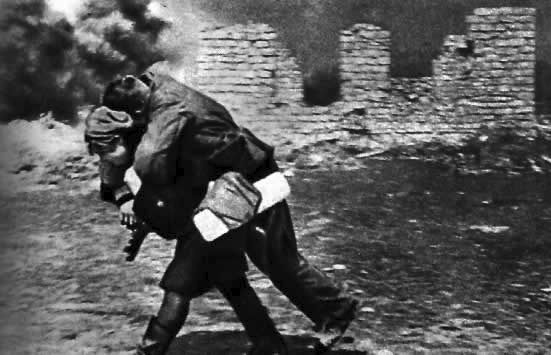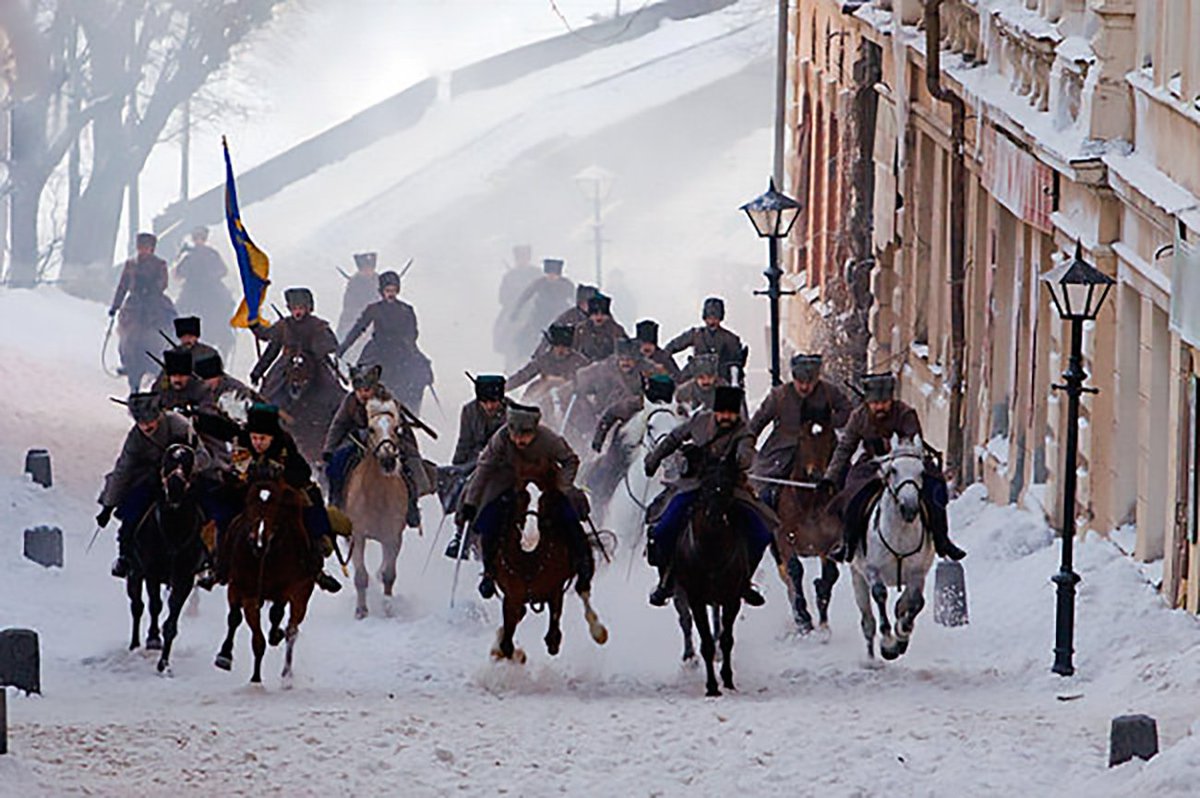
Russian-Ukrainian solidarity from one of Konstantin Simonov's wartime Stalingrad stories: "Viktoriya and one of my traveling companions turned out to be from the same area. They spent half the crossing trying to outdo each other’s stories about Dnepropetrovsk, chattering... 1/4 

....about the city’s streets, about the building my companion had lived in, and about the building where Viktoriya had studied. They recalled every last detail of their hometown. 2/4
It felt that, in their hearts at least, they had refused, and would always refuse, to surrender Dnepropetrovsk. It felt that, come what may, they believed that their town could never belong to anybody else." 3/4
How awful that eighty years later Putin's regime has decided that Russian-Ukrainian solidarity is to be sacrificed on the altar of ethnic hatred. 4/4
• • •
Missing some Tweet in this thread? You can try to
force a refresh




